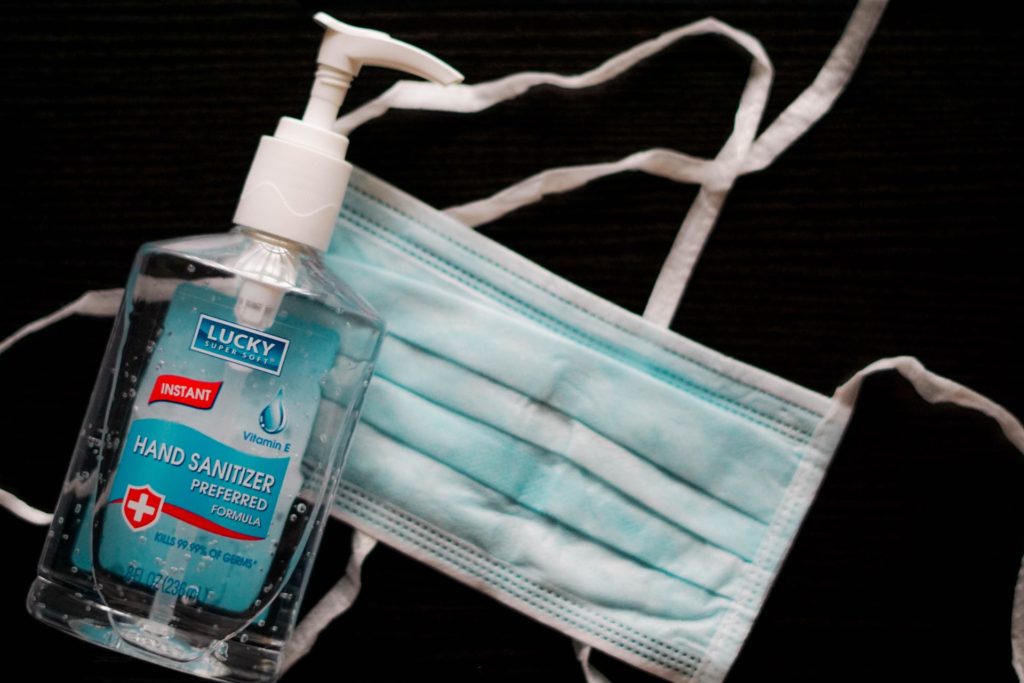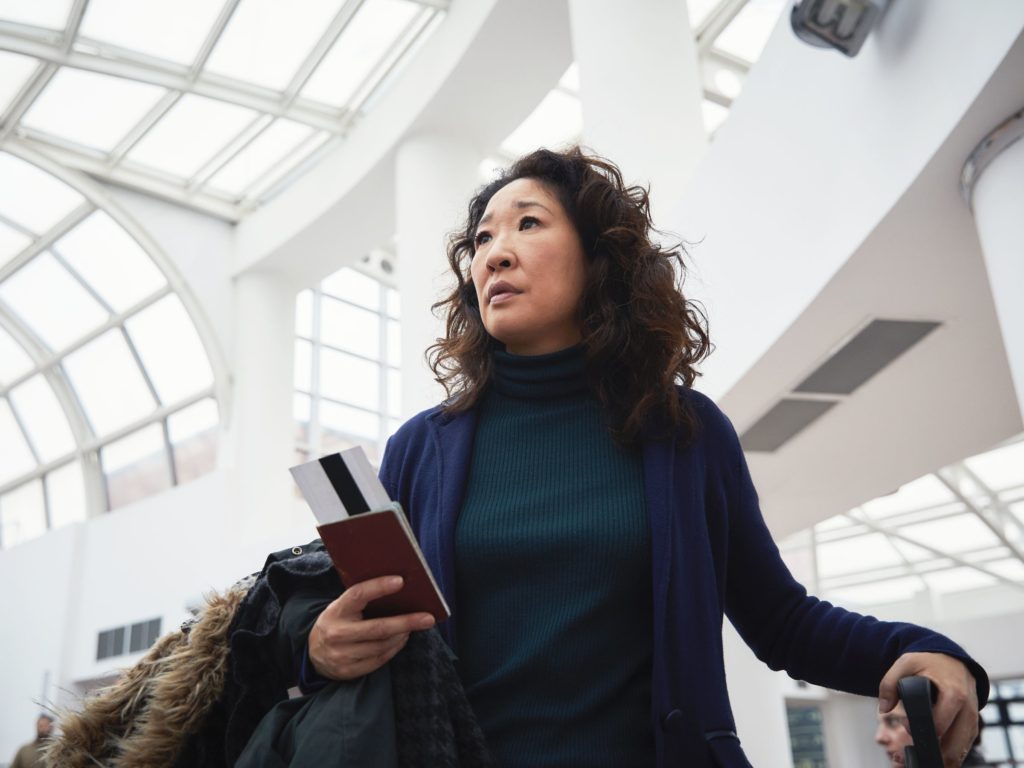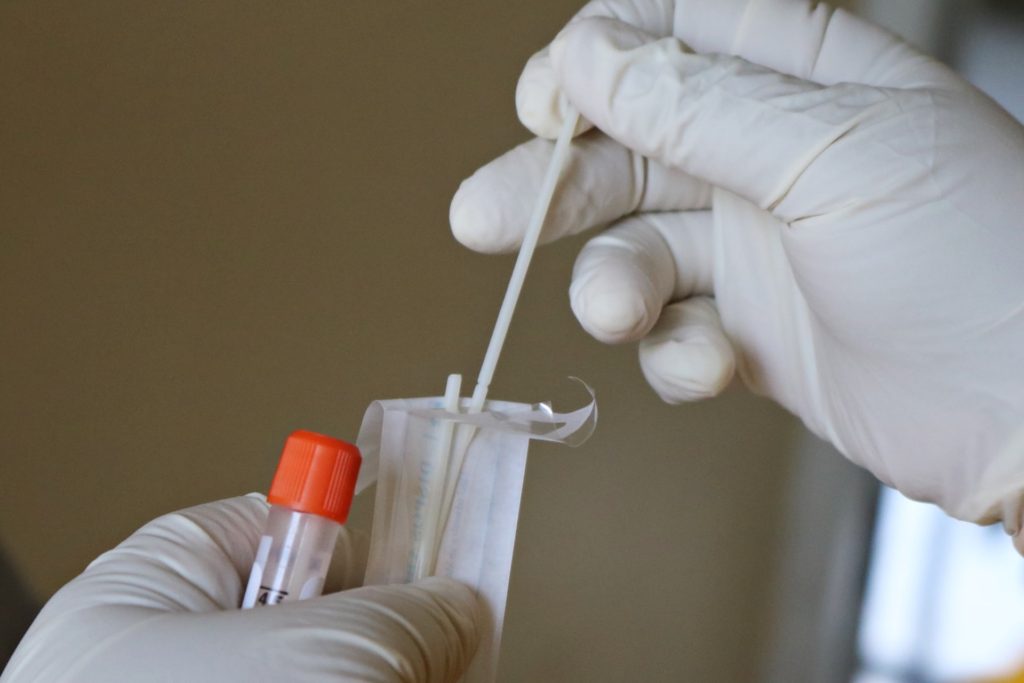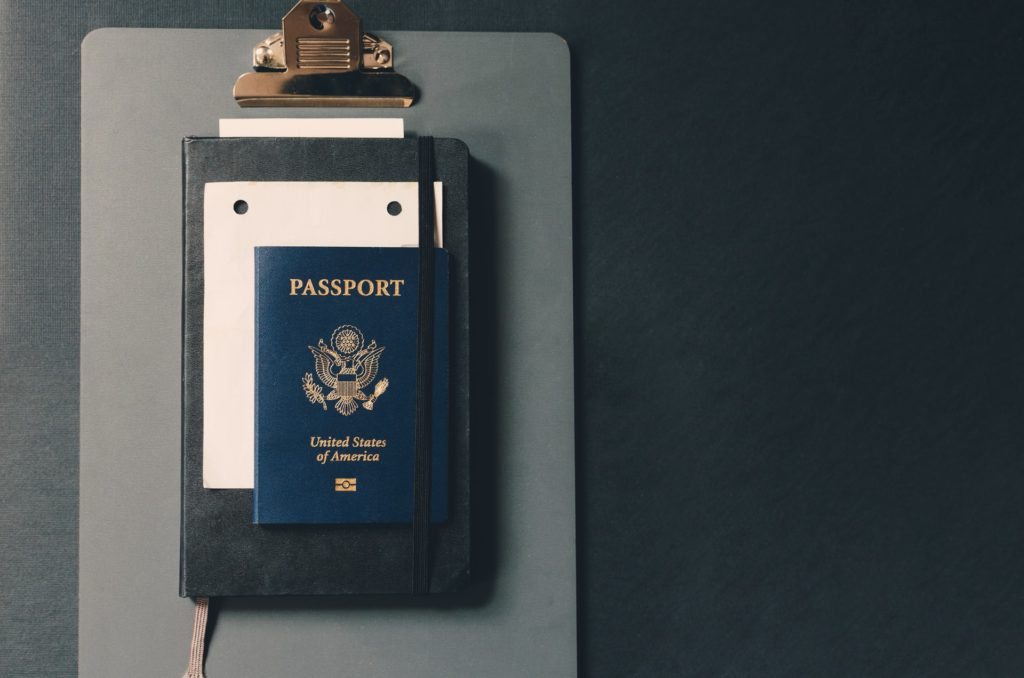This article may contain affiliate/compensated links. For full information, please see our Disclaimer here.
Ah COVID-19, that stubborn travel buzzkill that just won’t quit. We’ve been feeling the pang of longing for adventure here at Tough Cookie Travel, and I’m sure you have too.
Thankfully, things do seem to be getting better bit and bit. Vaccinations are finally getting around, conditions are improving, and restrictions are lifting. Slowly but surely, it’s looking like we might be able to start making travel plans again. And I for one cannot wait! I’m already envisioning several trips of my own. Only time will tell how possible those will be. But one thing is for certain. It won’t be much longer now till we can get back out there.
If you’re like me, anxiously reading the tea leaves and making tentative plans, I thought you could use some helpful travel tips from World Nomads, the CDC, and yours truly for traveling in this time of COVID-19. Good chances are this damn plague will still be hanging around even as we start traveling again, on its last legs but still putting up a pretty good fight. So we still gotta be safe and smart as we resume our worldly wanderings.
Now this article will tell you what to expect and look out for, but I can’t tell you what exactly you’ll need to know for your specific travel destination. So first and foremost, check with the government authority of the country you’re heading to or through, and familiarize yourself with any new or existing COVID-19 requirements.
With that in mind, here are another 10 travel tips to navigate this new traveling era of COVID-19.
Tip #1: Delay Travel Till You’re Fully Vaccinated
If at all possible, it’s highly recommended – and not just by me, but also the CDC – that you wait until you are fully vaccinated before you leave on any travels. That includes the two week efficacy period after your last shot (depending on which shot you get). Not only will you drastically reduce the chances of getting COVID-19, but you’ll also have far fewer restrictions to impede your travels. Especially within the United States, but also internationally. For example, fully vaccinated folks don’t need to self-quarantine when traveling into or within the US. They also don’t need to get tested before leaving the US unless their destination requires it.
However, all air travelers still need to have a negative COVID-19 test within 3 days before travel (or documentation of recovery from COVID-19 in the past 3 months) before boarding a flight into the US. Plus, the CDC still recommends getting tested again within 3-5 days after returning from your travels, just to be safe. So being fully vaccinated does relieve most restrictions, but not all of them. Know before you go!
Tip #2: Still Expect To Wear A Mask, Sanitize & Social Distance

Even if you are fully vaccinated, you can still pass COVID-19 on to others. So please be kind and bring all the necessary accoutrement to protect others from your germs, including face masks, hand sanitizer, and the intention to stay at least 6 feet/2 meters (or about 2 arm lengths) apart from anyone who’s not already vaccinated or in your pod.
Masks are still required on planes, buses, trains, and other forms of public transportation traveling into, within, and out of the US. And just because you’re vaccinated doesn’t mean COVID-19 is all gone and it’s all over. We still have a long way to go to herd immunity (if we ever get there), and there is still plenty of risk for those who are not vaccinated… and even a little bit for those who are. So don’t be a dick. Help prevent others from getting sick.
Tip #3: You May Still Have To Quarantine
While you may not have to quarantine for travel within the US (if you’re fully vaccinated), the country(ies) you’re traveling to may still require it. So you may not be entirely off the hook. Now many countries have quarantine measures already in place, but some countries may not have them until you arrive. Or you may be asked to go into mandatory quarantine if authorities believe you have come in contact with someone diagnosed with COVID-19 or if an outbreak occurs. Things can change pretty quickly these days, so be prepared to be flexible and budget some backup quarantine time into your trip, even if you don’t think you’ll need it.
Please note that if you do need to go into compulsory quarantine when you return home as required by your home country’s government, you’ll need to factor these costs into your travel budget as well, as this is not actually covered by travel insurance like World Nomads. It’s still smart to get World Nomads insurance for your trip, but be aware of what pandemic-related costs may not be included.
Tip #4: Allow Extra Time At Airports, Particularly If Traveling Internationally

If you’ve been given the green light to travel, then we envy you. But it also means there may be a few more hoops for you to jump through. Many countries have implemented extra measures at borders, with airport and customs staff taking extra measures to collect health declarations at arrival, as well as travelers’ visa requirements and contact details. You may need to complete a travel risk assessment, undergo a COVID-19 test, or provide more information on where you’ve been and where you’re going. Be ready to add in an extra two to three hours if you’re traveling in a large group or if you need to make a flight connection.
Tip #5: Special Visas & Stay Permits May Be The New Normal
To kickstart tourism, some popular destinations (e.g. Thailand, Costa Rica, Japan) now require new tourist visas with new rules in place to combat COVID-19 ensuring travelers visiting their country have a level of cover to pay any potential medical costs. We’re seeing more countries introduce these visas and with some new requirements travelers may need to:
- Buy extra locally-based travel insurance;
- Pass extra health tests to confirm you’re COVID-19 free;
- Provide a letter outlining your travel insurance cover benefits;
- Provide a letter agreeing that any required medical treatment will be paid by you if upon arrival you have a positive Polymerase Chain Reaction (PCR) test or show symptoms of COVID-19.
Whether or not you’ll need to do this depends on the visa requirements at the countries you are traveling to or through. Also be prepared to use your credit card or have the funds available if you’re asked to go to a hospital or need to quarantine on arrival.
Tip #6: Get Tested For COVID-19 Before You Board Your Flight

As I mentioned earlier in Tip #1, it’s still incredibly important and beneficial to get a clean bill of health right before you go overseas. A growing number of airlines and governments now require travelers to produce a PCR test that shows they are negative for COVID-19. Many people have had to cancel their trips at the last minute or accept significant losses because they didn’t get tested or their PCR test was delayed. Make sure you know when the test needs to be taken – you’d hate to have it not count because you took it five hours before the eligible time period kicked in. Current reports have test times varying from 48 to 72 hours before your flight.
Check with the government at the destination you’re heading to or through for any requirements. Be sure you leave enough time to get tested and have the results back in time before you arrive at the airport to avoid delays, having to reschedule, or deal with any further losses.
Tip #7: Research Your Travel Bubbles, Travel Corridors & Travel Tiers
Many countries and regions are planning or have implemented travel bubbles, travel corridors, and travel tiers. It can get confusing knowing who can go where and when. So it’s important to keep an eye on government and travel websites for travel alerts and what levels of travel may be in place. Especially if you’ve bought your travel insurance quite far in advance of your travel dates (a lot can change in a week or two when it comes to COVID-19!).
Be aware some travel bubbles are one-way only – for example between New Zealand and Australia. This could mean added costs if you haven’t done your research. If that bubble does pop, you could be required to go into quarantine if you’re already traveling or to cancel your trip if you haven’t left home. Many travel tiers and corridors can change at a moment’s notice when COVID-19 cases go up or down and may cause a big headache if you’ve booked tours, have connecting flights, and need to cancel or rearrange your flight and accommodation dates.
Tip #8: Got Your Papers In Order? Copy That.

One thing that remains super important with COVID-19 is keeping copies of receipts and relevant paperwork when you travel. It’s a good idea to send copies to a friend or family member back at home, as well as yourself via email, so you can always access them easily when needed. When you first head off on your trip, you may need evidence of your planned travel and accommodation costs for travel insurance, and medical documents confirming your clean bill of health. That’s all, of course, besides the usual copies of your passport, ID, plane or bus ticket, rental car and/or accommodation reservations, and anything other records you may need for your travels.
In particular, if you need to make a travel insurance claim after you’ve returned home, you may need to provide:
- Proof of ownership;
- Any supporting police or carrier reports;
- All evidence of accommodation, airline, and tour operator related charges;
- Any medical evidence especially if you or your loved ones had an accident, fell ill, or had to quarantine and had to use a credit card for extra costs and wish to be reimbursed.
Tip #9: Learn Self Defense Skills Before You Go
Before you go off traveling, I personally recommend (though I’m sure World Nomads and the CDC would back me up on this) that you also equip yourself with some solid self defense skills. And I don’t mean watch one 2-minute YouTube video on how to throw a punch. (You shouldn’t be punching anyway, you could break your hand that way.) I mean really take the time to ingrain self defense skills and moves into your muscle memory, so they become instinct. Only then will they actually help you in the split second you have to remember them in a real life scenario.
My Tough Cookie Self Defense Course is an excellent way to learn and internalize the full spectrum of self defense skills you may need on your travels, so you are prepared to stay safe and strong in any situation wherever you go.
It’s the first truly comprehensive women’s self defense online course that’s designed BY a womxn FOR fellow womxn travelers like you. And the best part is you can learn it from the comfort and safety of your own home right now, while you have all this time at home. It’s a very thorough online course, and yet still super simple and straightforward with a very manageable time commitment. So you can easily get through it in a matter of weeks. Click below to learn more details and get started.
Tip #10: Aim For A Risk-Free Holiday & Remember To Have Fun
If you’re lucky enough to get your travels all planned out and everything actually goes according to plan, you should take every measure and precaution possible to avoid putting yourself and others at risk of ruining those plans, like by getting COVID-19. Some of these include things I’ve already covered in the tips above, but they are important enough to bear repeating to make sure you have a stress-free trip:
- Always remember to keep social distancing;
- Wear a face mask and carry hand sanitizer;
- Comply with rules and any customs in the country that you’re visiting;
- Consider driving (if properly licensed in the country you’re in) rather than flying, taking a train, or bus to your next destination;
- Use online or contactless reservations and check-in using contactless payment;
- Self-cater or at least use your own cup/dishes whenever possible;
- Try to avoid large crowds.
At the end of the day, your holiday is meant to be packed with fun and not stress. The better informed and prepared you are, the more fun you’ll have. So make sure you read all of our Tough Cookie Travel safety tips and make sure you’re ready to stay safe, strong, and smiling wherever your adventures take you next.

